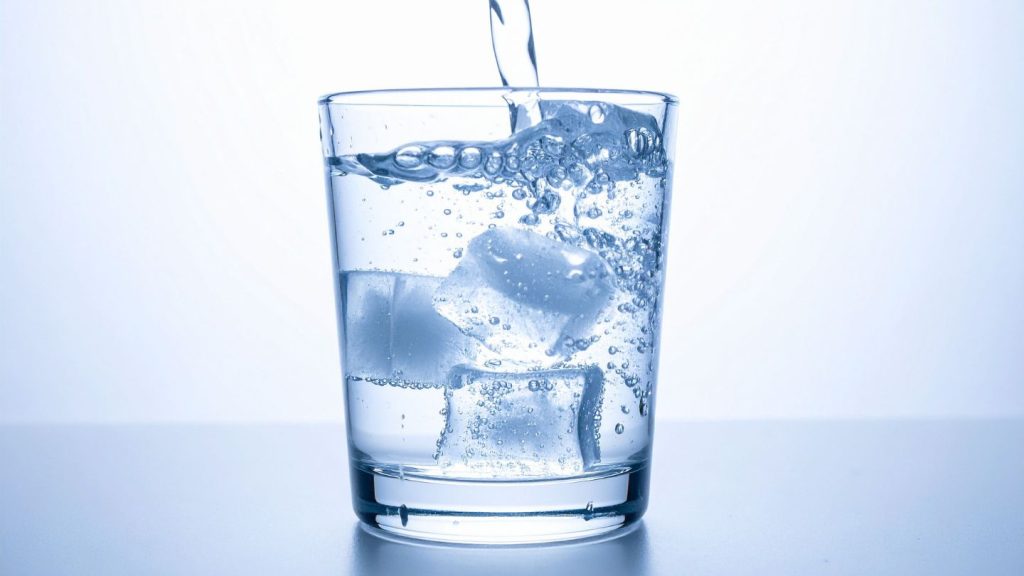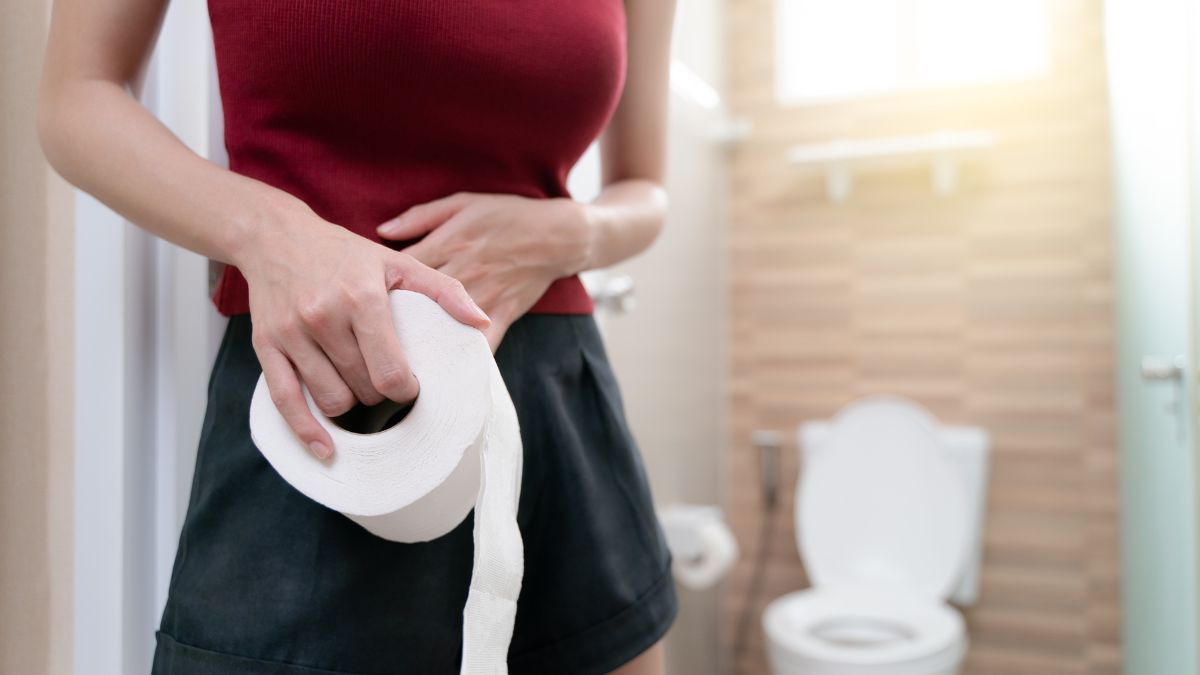Gastric Sleeve Recovery: What to Expect, How to Heal Faster, and When to Seek Help
Every patient’s gastric sleeve recovery is unique, but understanding the typical gastric sleeve healing time helps set expectations and reduce anxiety during this transformative phase. After surgery, your body undergoes rapid changes that affect digestion, energy levels, and emotional balance. Knowing the stages of recovery—and how to care for yourself properly—can help you heal faster, avoid complications, and achieve lasting results.
This comprehensive guide explains the recovery process of gastric sleeve surgery, including healing timelines, at-home care, nutrition, and when to contact your healthcare team.
Understanding the Recovery Process of Gastric Sleeve Surgery
The recovery from gastric sleeve begins immediately after your procedure, typically within the hospital setting. Most patients remain in care for one to three days while medical staff monitor vital signs, incision healing, and hydration. Once discharged, the real recovery journey begins at home—where discipline and self-care are essential.
The early gastric sleeve surgery recovery phase focuses on rest, wound protection, and hydration. Patients may experience fatigue or mild discomfort, which gradually subsides as the body adapts. Over the next several weeks, strength improves and pain lessens as tissue regeneration accelerates. This period sets the foundation for sustainable weight loss and metabolic improvement.
Gastric Sleeve Healing Time: How Long Does Recovery Take?
The typical gastric sleeve healing time varies from person to person, but most patients can expect several defined stages of recovery.
- Week 1–2: Focus on hydration, wound care, and light movement. It’s normal to feel sore or fatigued during this time.
- Week 3–6: Begin soft foods and resume limited daily activities. The body’s internal tissues continue to heal as swelling decreases.
- Week 7–12: Most patients return to work, engage in light exercise, and see noticeable energy improvements.
- After 3 months: Patients experience full adaptation to their new stomach capacity and dietary changes.
As energy levels gradually return, patients can enhance their overall stamina and recovery experience by incorporating practical habits that improve strength and vitality. Learning about the top ways to boost energy after gastric sleeve surgery can support both physical healing and emotional well-being.
The total recovery for gastric sleeve can take three to six months for complete stabilization, though many individuals resume normal routines far sooner. Understanding your personal recovery after gastric sleeve ensures you don’t rush physical activity or dietary changes, both of which could slow healing.
Read More: Gastric Sleeve Diet Guidelines for What to Eat After Surgery Week by Week
What to Expect at Home During Recovery
Caring for yourself post-surgery is critical to long-term success. During gastric sleeve surgery recovery, patients must focus on routine, cleanliness, and gentle movement to avoid complications.
Wound and Incision Care
Keep your incisions clean and dry, and follow your provider’s guidance for dressing changes. Avoid submerging wounds in water until cleared by your doctor.
Rest and Movement
While rest is essential, light walking helps reduce stiffness and prevent blood clots. Avoid strenuous exercise or heavy lifting for the first month.
Read More: How soon can I start exercising after gastric sleeve surgery?
Diet and Hydration
Sip water slowly throughout the day to stay hydrated, and avoid caffeine or carbonated beverages. As your stomach heals, you’ll progress from clear liquids to pureed and soft foods before returning to solid meals.
Patients who maintain consistent gastric sleeve aftercare see faster recovery outcomes and fewer postoperative complications. Over time, you’ll shift from physical healing to maintaining habits that sustain weight loss and overall health. This ongoing commitment is often referred to as sleeve surgery aftercare—the long-term follow-up that ensures continued success.
Read More: Coffee After Gastric Sleeve Surgery—Is It Allowed?
Nutrition, Hydration, and Movement During Recovery

Nutrition plays a central role in your recovery from gastric sleeve. The body requires adequate vitamins, protein, and fluids to rebuild tissue and preserve muscle strength.
Dietary Progression
Follow your bariatric team’s plan carefully. Introduce new foods gradually, monitor your body’s response, and avoid overeating. Protein-rich meals accelerate muscle repair and metabolism.
Hydration
Dehydration can prolong gastric sleeve healing time. Sip water continuously and avoid sugary drinks that slow recovery. During the early stages of healing, patients may also experience digestive irregularities as their body adapts to new eating patterns. Understanding how to manage moderate and severe constipation after gastric sleeve surgery can significantly improve comfort and help maintain steady recovery progress.
Read More: How Much Water Should You Drink After Gastric Sleeve Surgery?
Exercise and Posture
Light exercise—such as walking or stretching—enhances circulation and promotes healing. Always listen to your body and rest if you feel discomfort. Adhering to professional gastric sleeve recovery tips will minimize setbacks and help you build endurance safely.
Managing Pain, Fatigue, and Mental Wellness

Mild pain, bloating, or fatigue are normal during early recovery. As your body adjusts, you may also experience emotional fluctuations related to rapid weight loss and hormonal changes.
Gentle stretching, proper posture, and deep breathing can help alleviate tension and discomfort. Prioritize sleep, stay hydrated, and contact your provider if pain becomes persistent or severe. Emotional recovery is often easier when patients connect with others who share similar experiences. Participating in gastric sleeve support groups provides motivation, accountability, and reassurance throughout every phase of healing.
The mental aspect of recovery for gastric sleeve is just as important as the physical. Building a support system and maintaining regular communication with your care team fosters emotional stability and helps sustain progress.
Read More: Back Pain After Gastric Sleeve Surgery: Causes, Remedies, and Recovery Guide
When to Contact Your Bariatric Team
While mild soreness is expected, certain symptoms warrant immediate medical attention. Reach out to your provider if you experience:
- Persistent nausea or vomiting
- Fever above 101°F
- Redness or drainage from incisions
- Sharp abdominal pain or chest pressure
- Difficulty swallowing or breathing
Regular postoperative checkups are just as vital as recognizing warning signs. Understanding the importance of follow-up after gastric sleeve surgery helps patients maintain progress, detect complications early, and stay aligned with their long-term health goals. These may indicate complications requiring professional evaluation. Early communication ensures your gastric sleeve surgery recovery continues safely and without interruption.
The Closing Line
The journey of gastric sleeve recovery is more than just physical healing—it’s a complete transformation of your body and lifestyle. By following professional guidance, practicing patience, and focusing on proper nutrition, most patients experience steady progress within a few months. Understanding your gastric sleeve healing time and respecting the body’s natural recovery pace will help you regain strength safely and confidently. The path to long-term success lies in your commitment to ongoing self-care, balanced habits, and regular consultations with your bariatric care team. Every stage—no matter how small—marks progress toward renewed health and sustainable weight loss.
The Lenox Hill Bariatric Surgery Program provides comprehensive care for patients pursuing weight loss surgery in NY, including guidance and support throughout the gastric sleeve surgery recovery phase. Their multidisciplinary team specializes in nutrition planning, post-surgical monitoring, and long-term sleeve surgery aftercare to ensure optimal outcomes. Whether you’re exploring your options or looking for expert guidance during your recovery from a gastric sleeve in New York, their team provides personalized medical support to help you achieve lasting, successful results.
Five Frequently Asked Questions
1. What is the average gastric sleeve healing time?
Most patients recover fully within three to six months. Initial healing occurs within six weeks, but long-term stabilization may take longer.
2. How long is recovery from gastric sleeve before returning to work?
Depending on your job, most individuals return to light work after 2–4 weeks. Those in physically demanding roles may need up to six weeks.
3. What does gastric sleeve aftercare include?
Gastric sleeve aftercare involves dietary counseling, vitamin monitoring, physical activity guidance, and scheduled follow-ups to track progress.
4. Can I speed up my gastric sleeve surgery recovery?
Yes—by staying hydrated, eating protein-rich foods, following your prescribed plan, and avoiding smoking or alcohol. Compliance with medical advice is key to a faster recovery after gastric sleeve.
5. What are the best gastric sleeve recovery tips?
Move regularly, rest adequately, maintain nutrition, and seek help if symptoms worsen. Consistency and follow-up care ensure the best outcomes.








